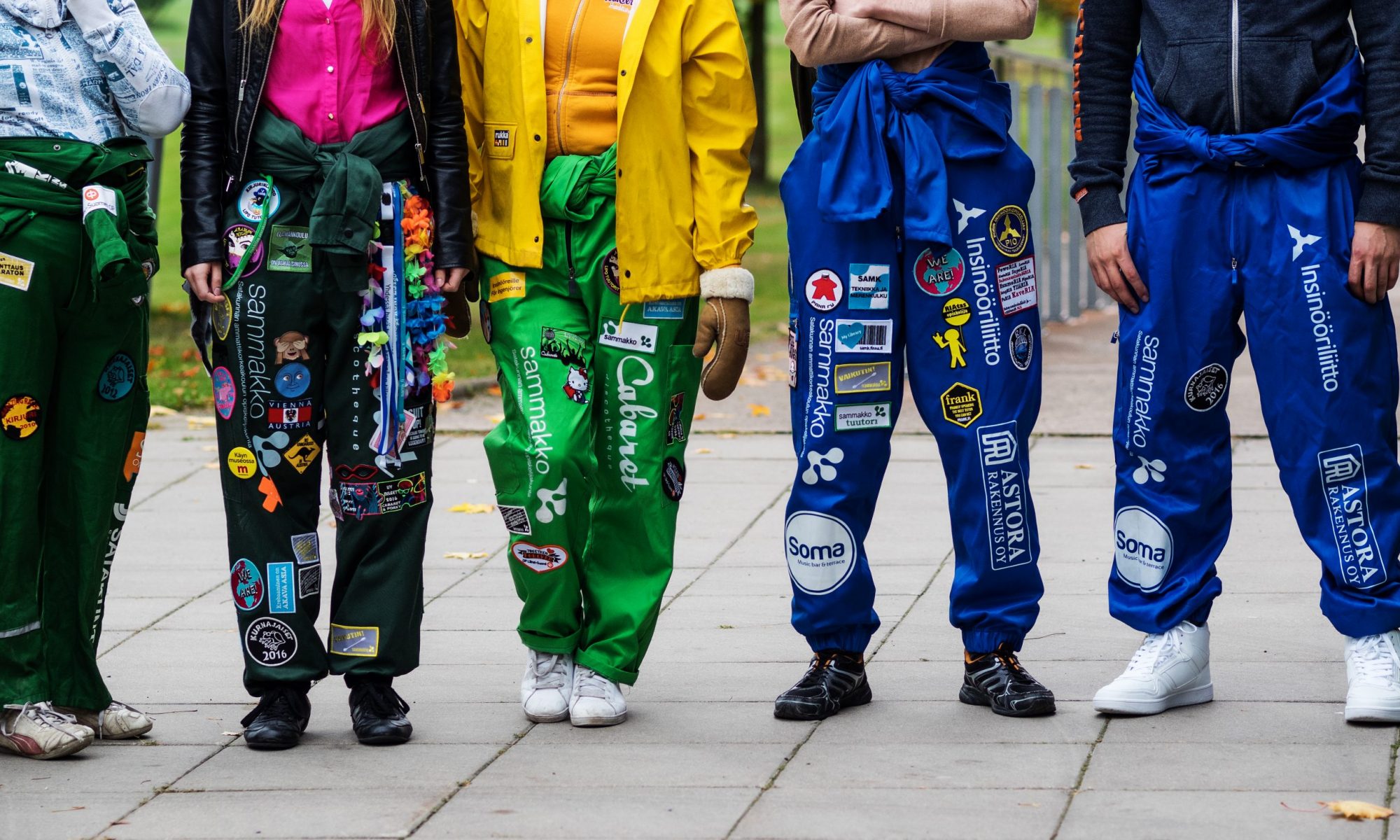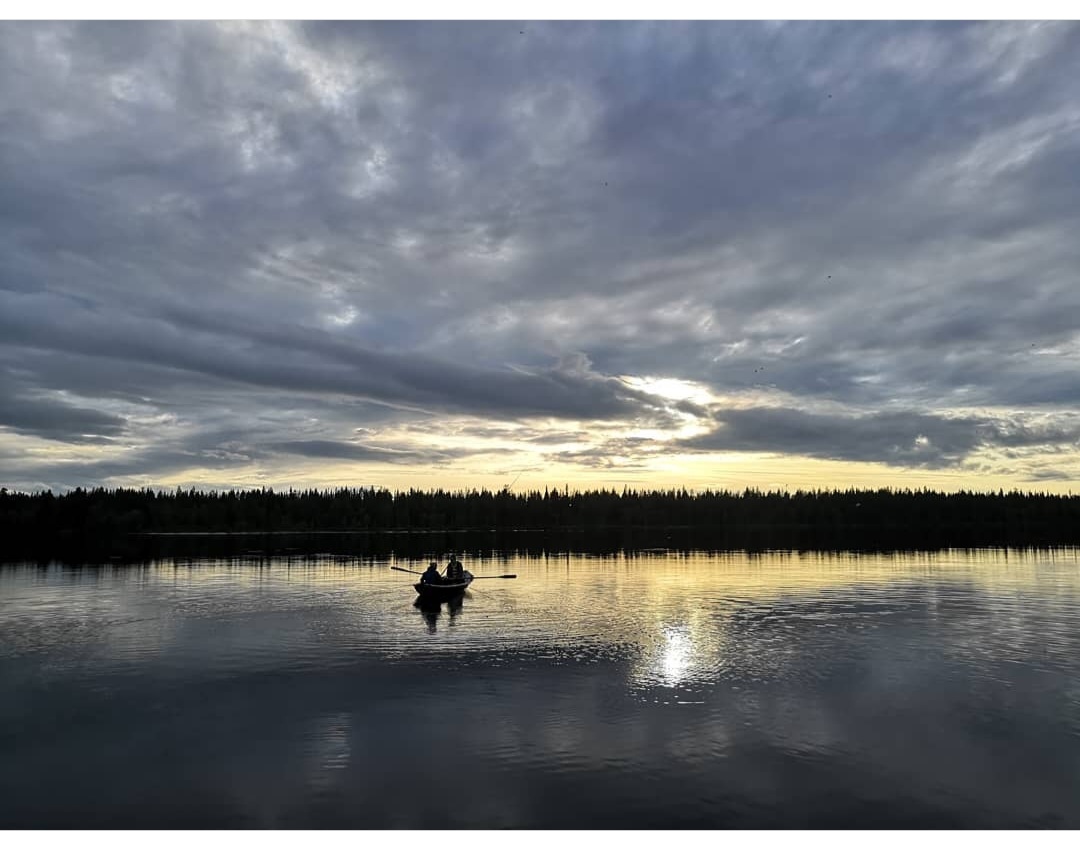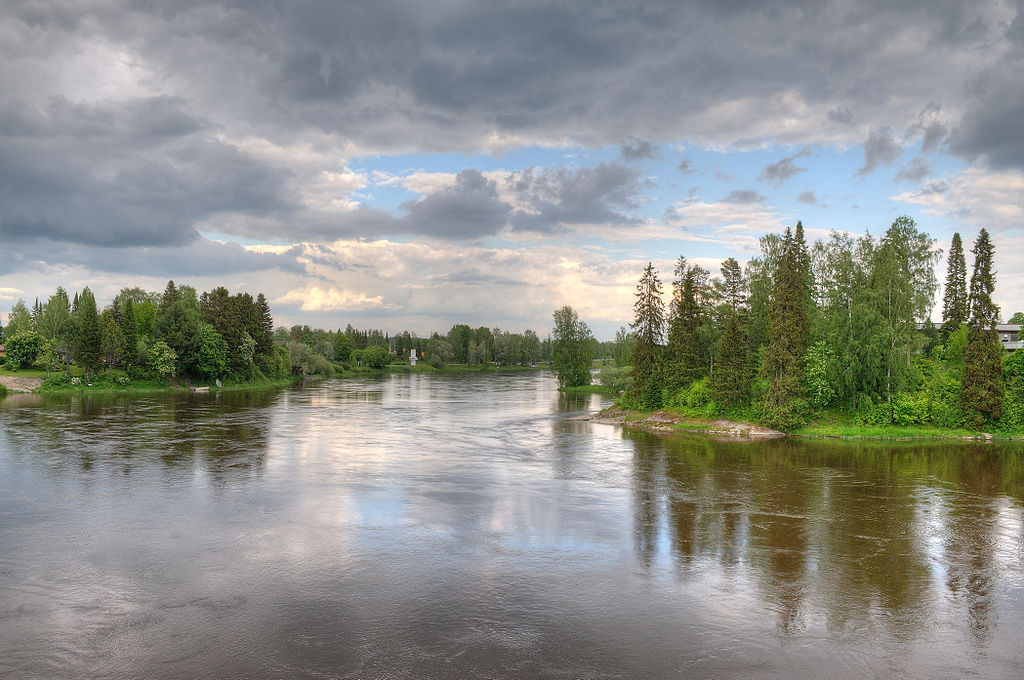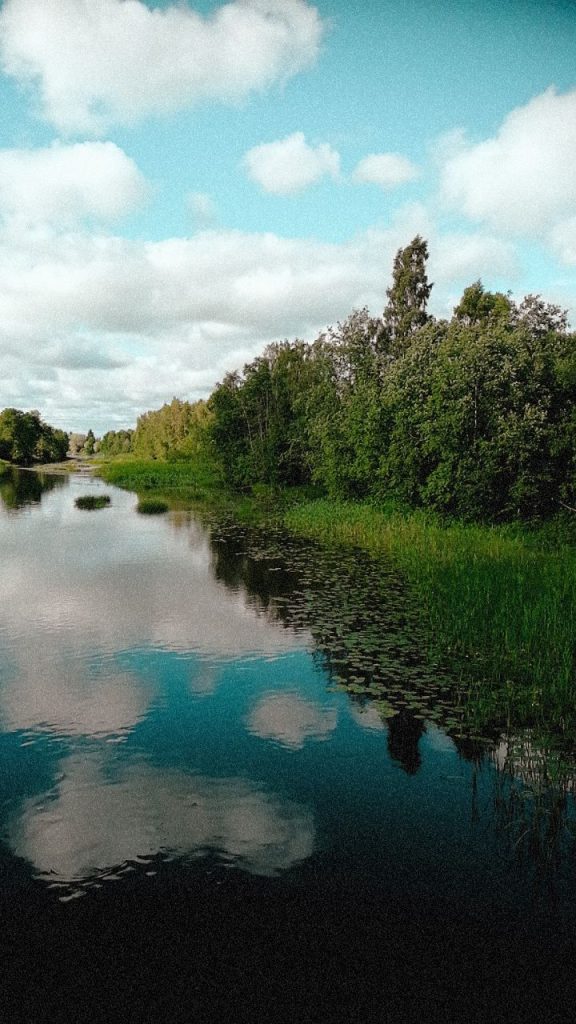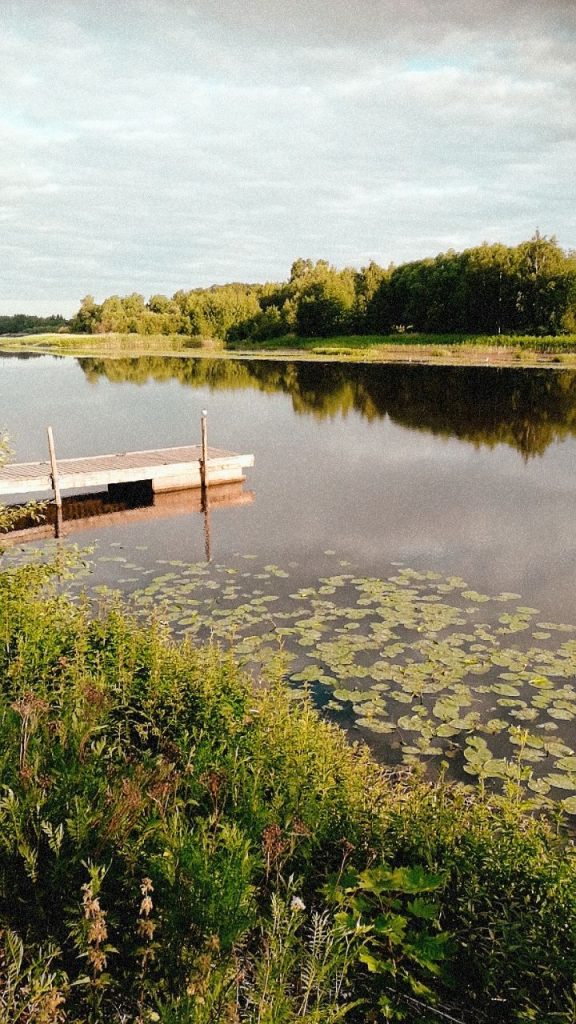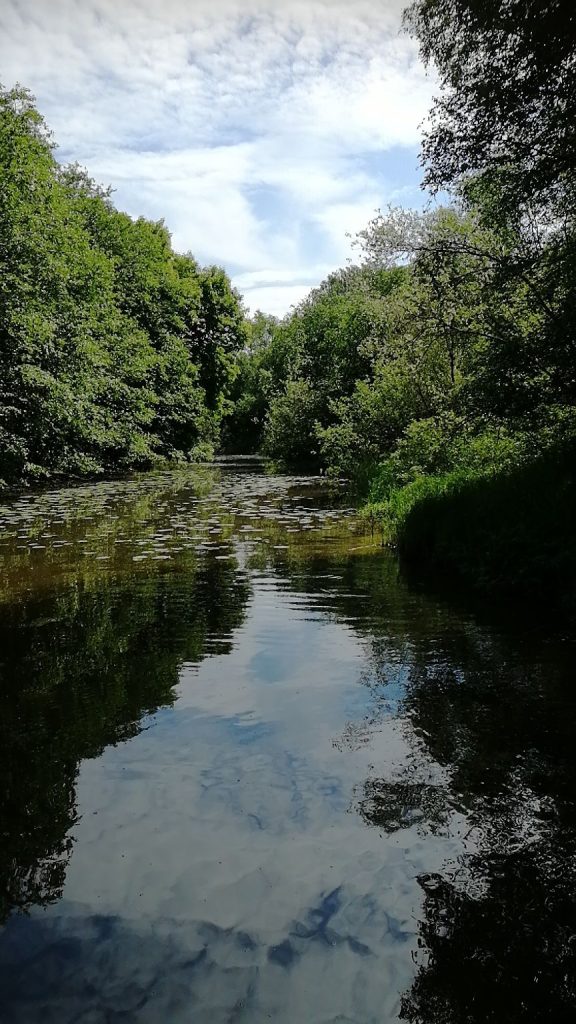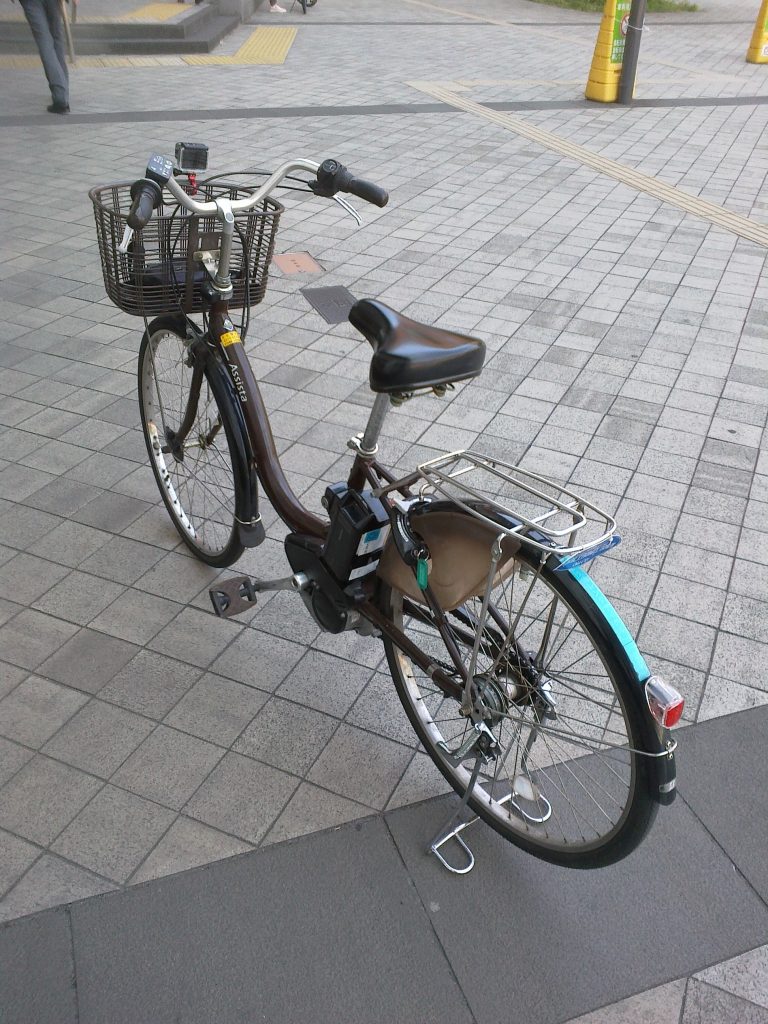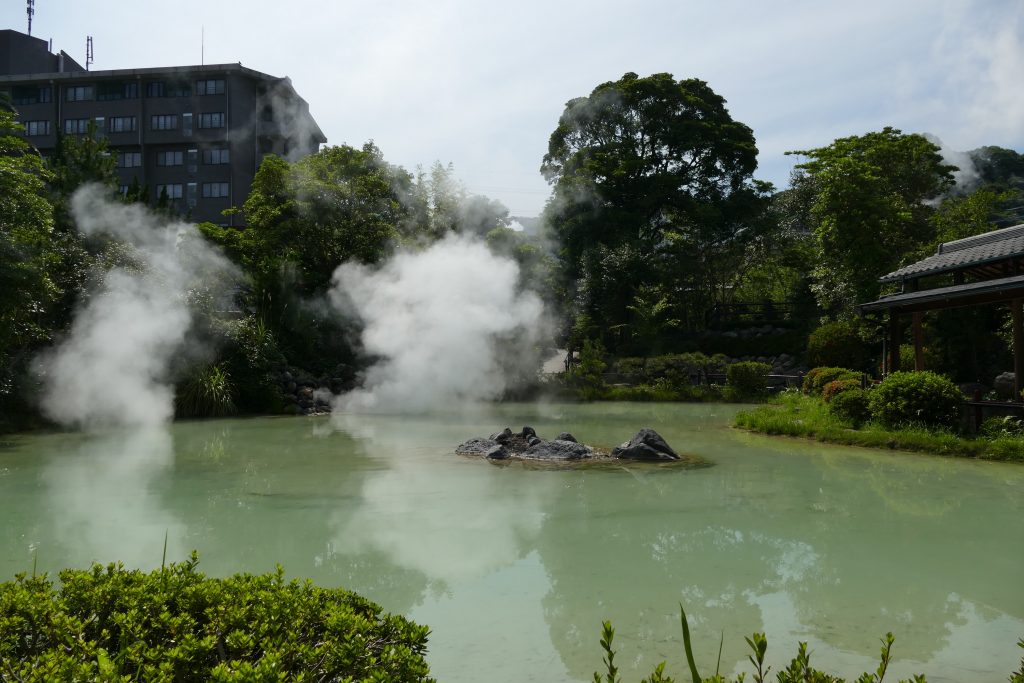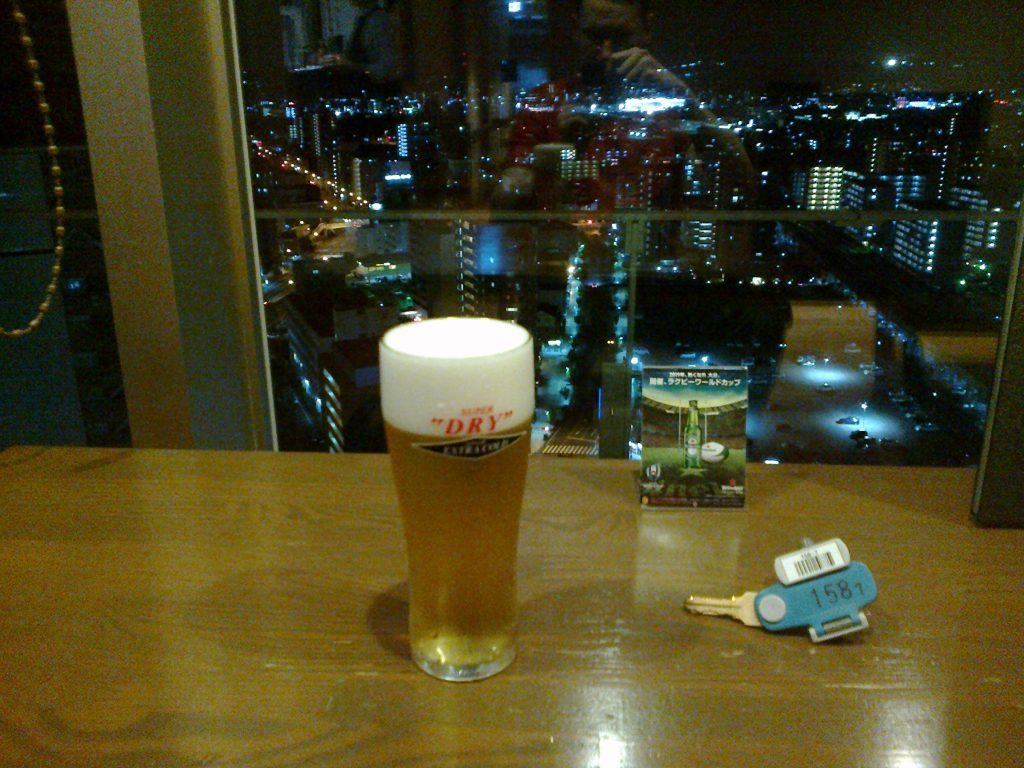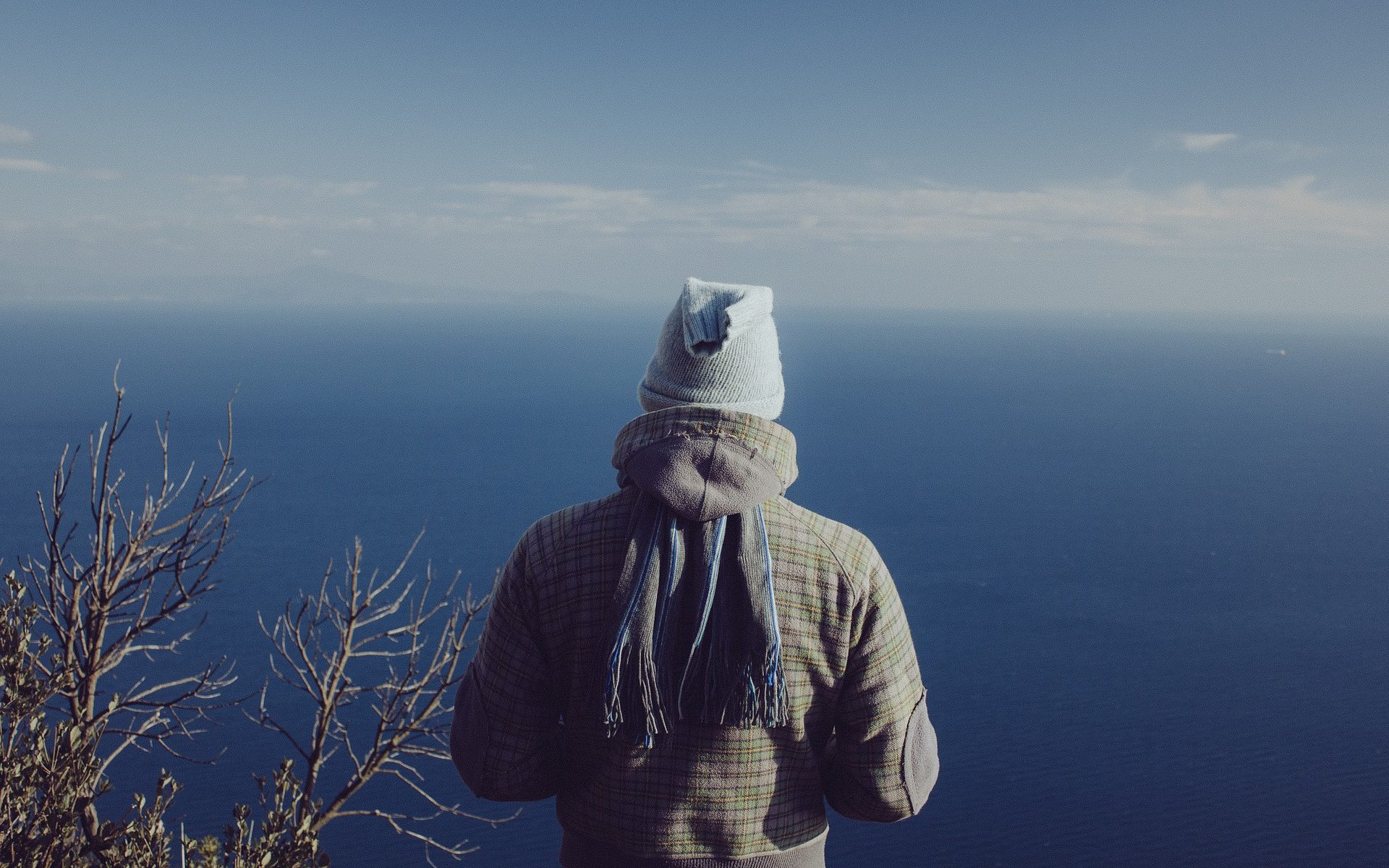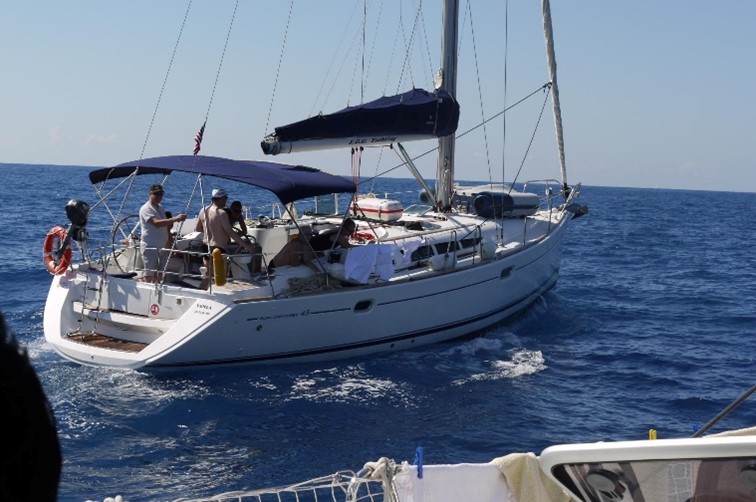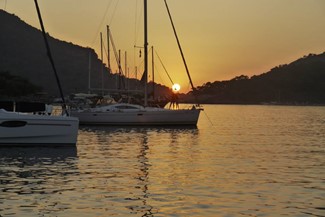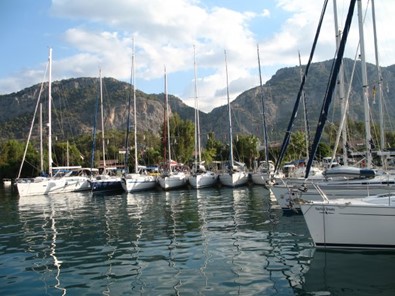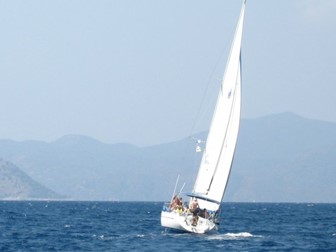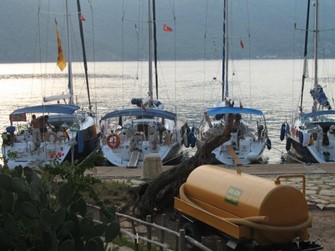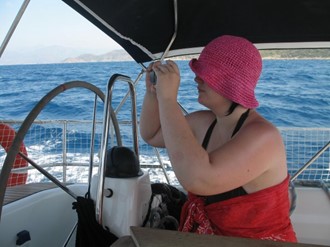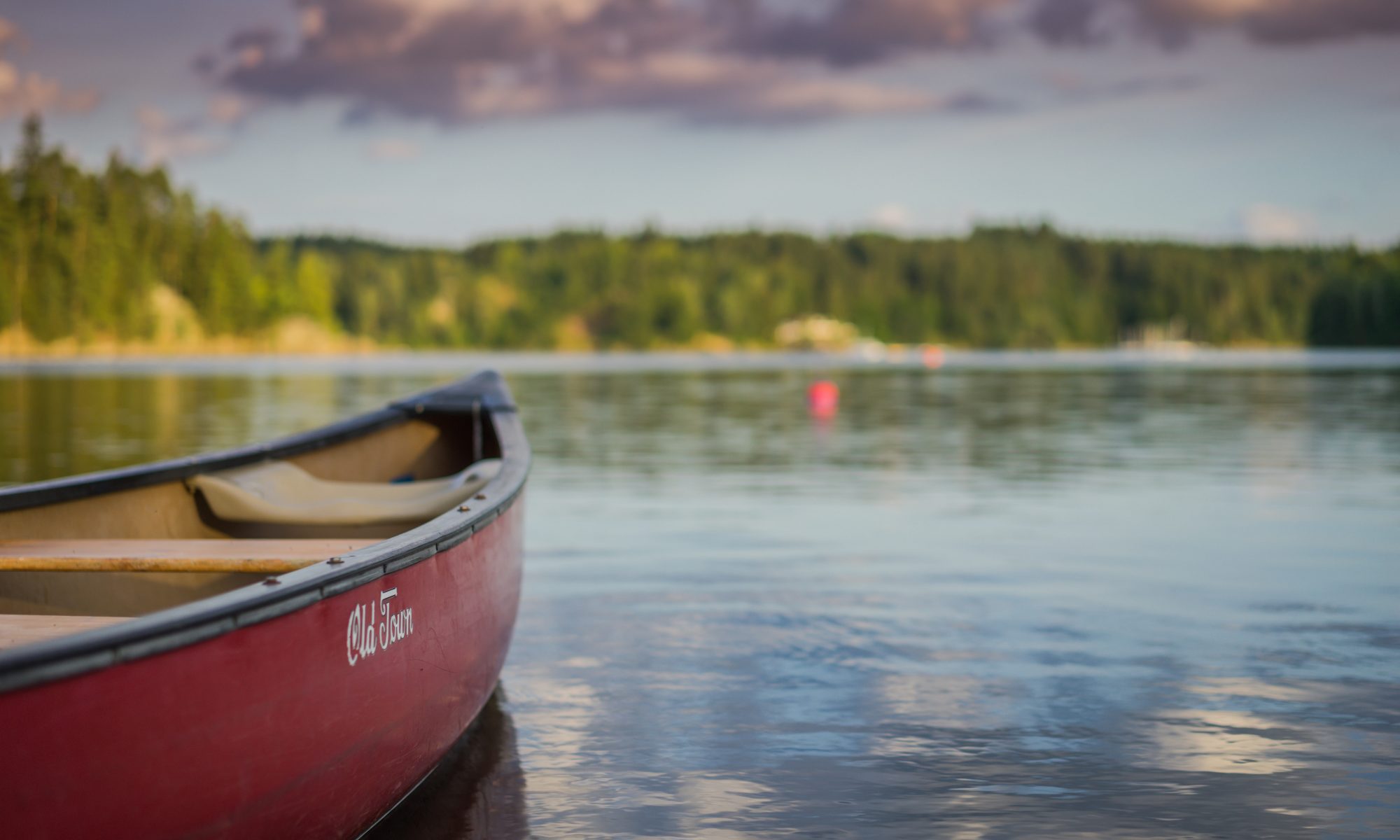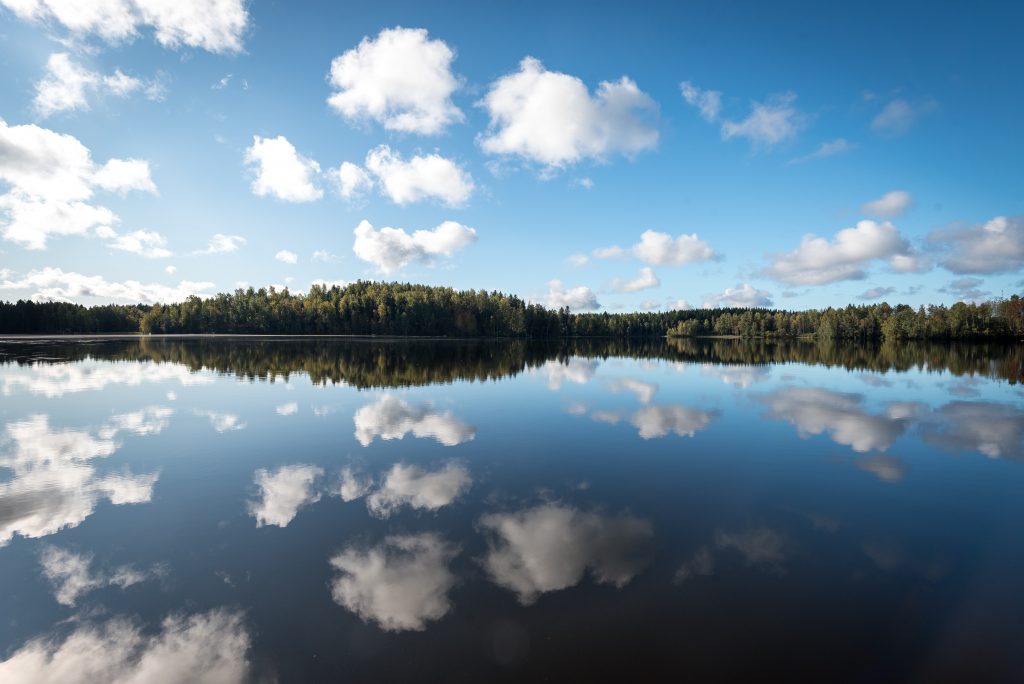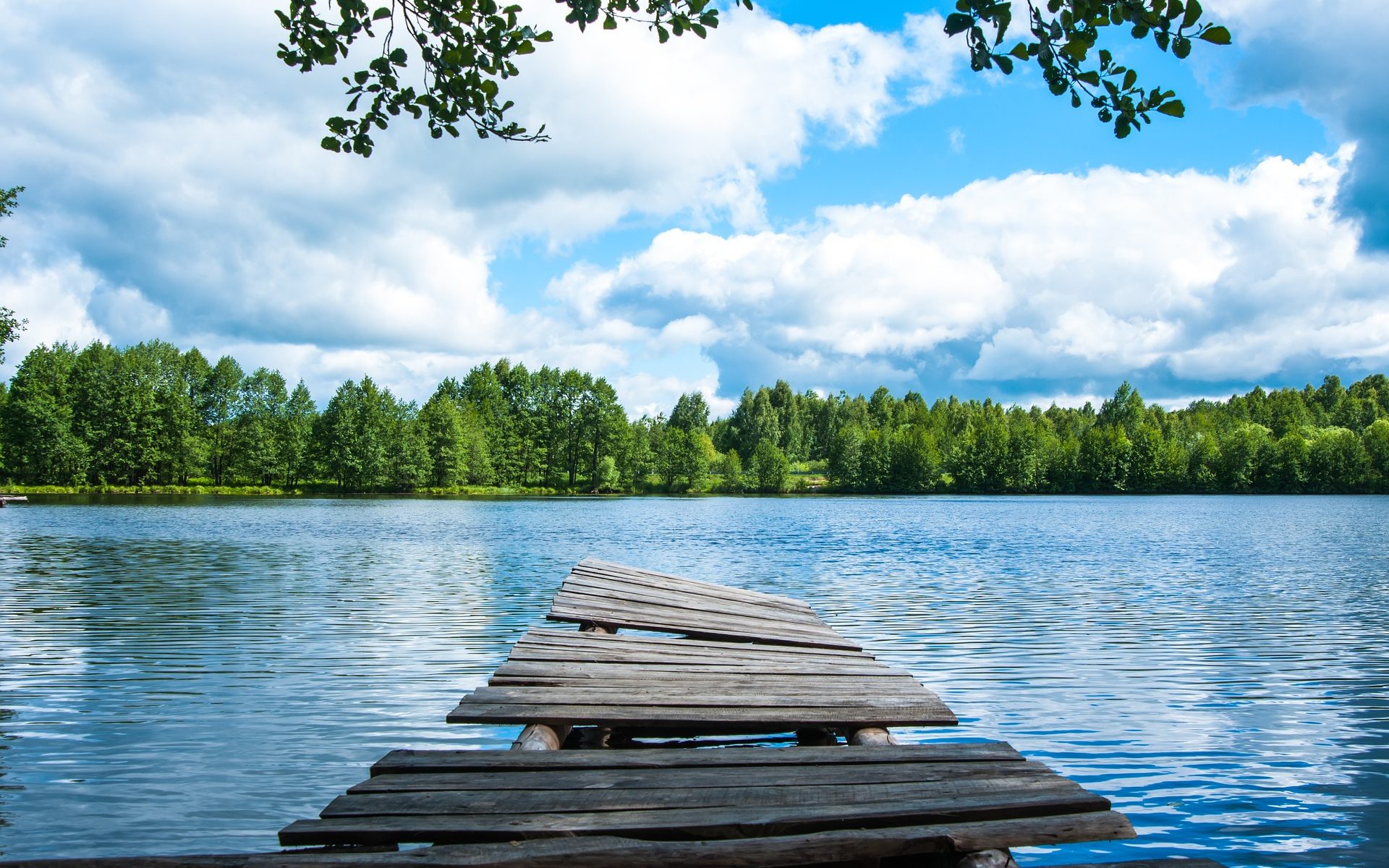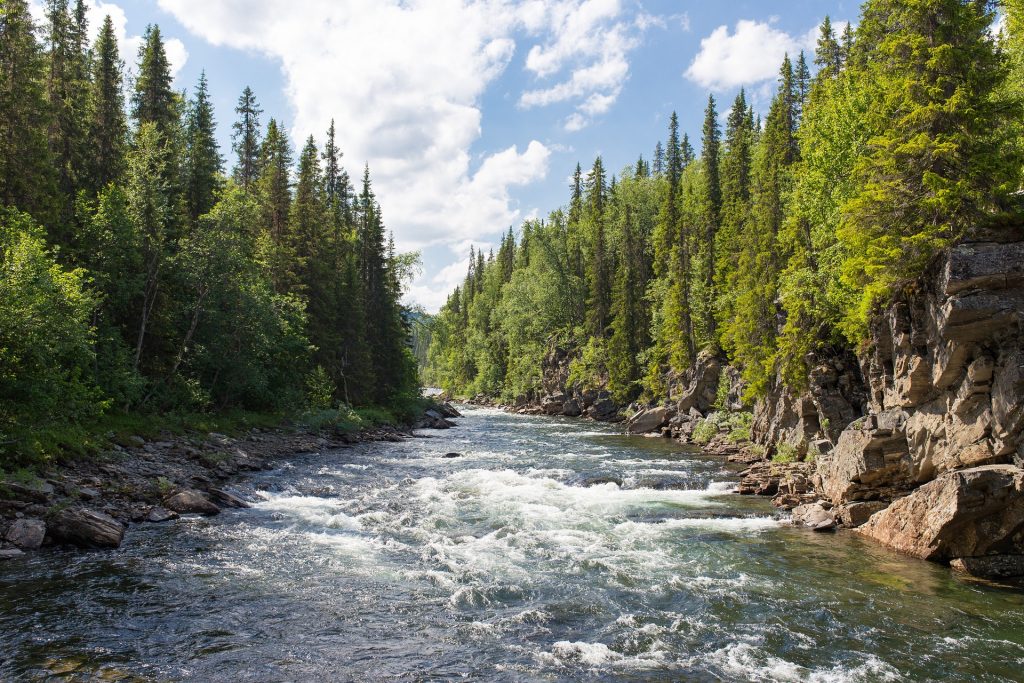Course that was only available in an online version seemed very interesting to me, althought I would have wanted it to be contact lessons. The course topic is something that could create discussion. Why water is so important for our well-being, not only for consuming but mentally also?
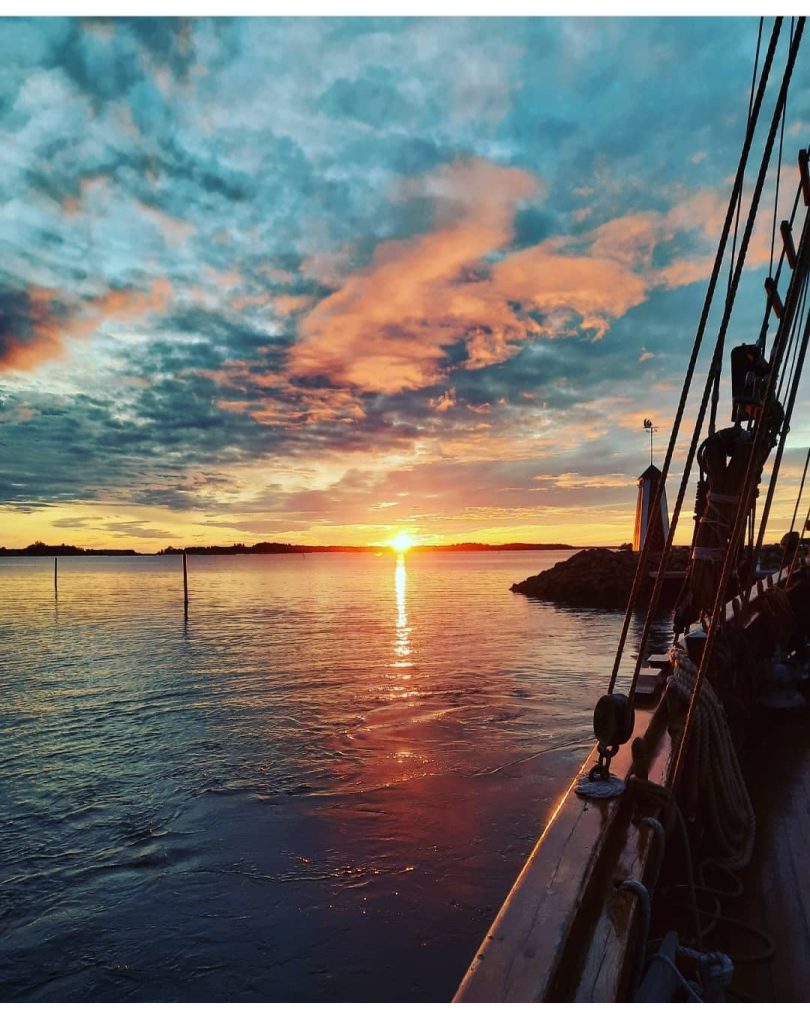
Sea and water itself for us Finnish people should be an important asset. Clean water is not that common in the world. We should appreciate it and cherish it. Swimming in the lake, or a fell stream should be lifegoals or even a way of life.
I have followed this one woman @jonna_saari in Instagram for many years and grown into admiring her way of life. She moved to Lapland and is enjoying life on it’s fullest. She goes for a morning swim in the small forest lake with the purest water and morning fog around her. She finds well-being from the silent morning and cold water. It makes her body feel alive and her mind focused.
In my opinion this is something that could be seen as an experience from the north. Something unusual and something so pure and natural. Oh and did I mention she goes there sometimes even naked, surrounded by the forest, the smells, the silent sounds of nature with nothing on, just the feel of the cold water on her skin. This feeling is not common for all of us but it should be at least once in a lifetime happening.
This is something that I have wanted to experience myself. The old ways of us in the wilderness, the lakes and the streams in my beloved Lapland. These wilderness camps could be one good way to bring people away from the modern hectic way of life. No phones, just you and the nature. It could be also a nice way to empty the head full of business ideas, worry and time.
Water is something that calms us, no matter what it is there. It is silent, but strong. It feels relaxing and forgiving. It feels nurturing, embracing and brings us back to life. It is something that we will always need and something we will always seek. Water is purity and inspiration.
Water is an element we feel, used in commercials, in various methods of marketing. It makes us thirsty, it makes us clean. It is part of us. The sound of water is used in relaxation and meditation througout the world, as long as we have lived.
We all have a relationship with water, no matter where you live or how. It might be love, need, fear or for example respect. What does water represent to you? It has so many various sides to it and in tourism it can be used so many different ways.
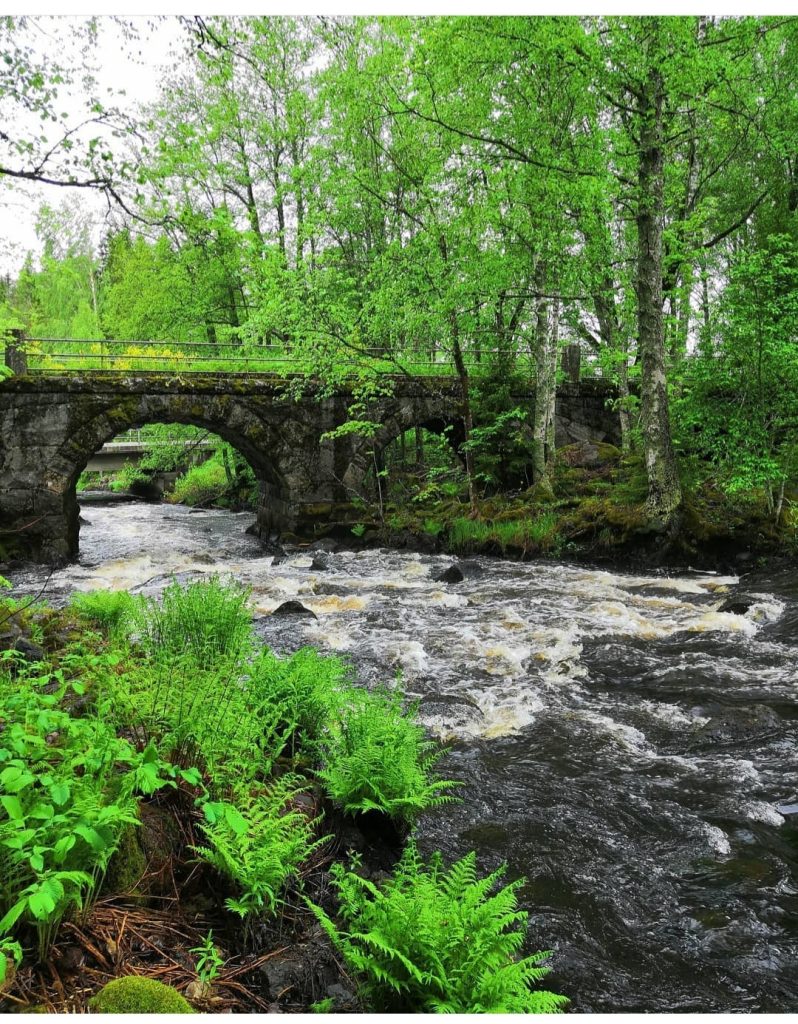
One question could bring so many different answers. What is your well-being from the blue spaces?
Text and photos: Mai Virtanen, third year International Tourism Management student
